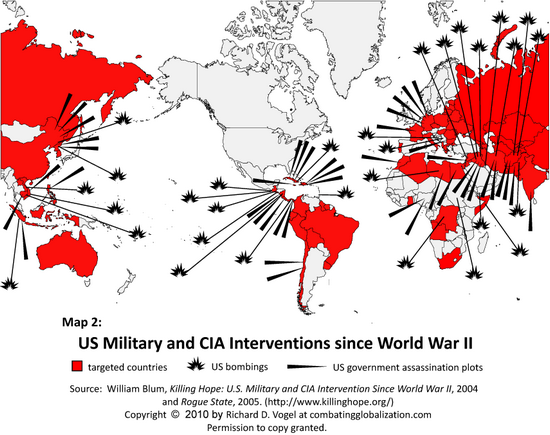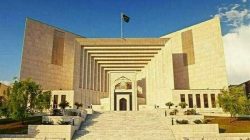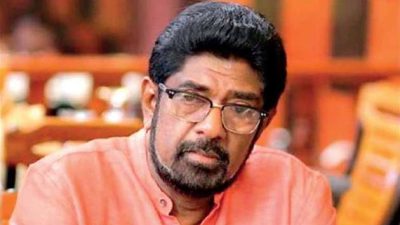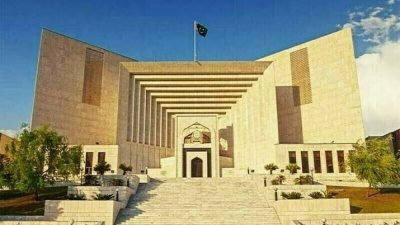My article today will be a brief overview of wrong international policies and interventions in countries in the Middle East. Two weeks ago, the title of my article was ‘The Gaza Crisis’. The tragic and cruel war has now gone on for close to two years, with very many breaches of international war laws and human rights. It is difficult to understand that the main supporter of Israel, the USA, and other countries in the West, and also neighbouring countries in the Middle East and the rest of the world, have not stopped the war against the Palestinian people. Some humanitarian aid has been provided, but for many weeks, Israel has been blocking most of it, using food as a military weapon.
Last week, the title of my article was ‘Widening Crisis in the Middle East’, written just as Israel had begun dropping bombs and drones on Iran, which retaliated, and both countries continued their war actions until a ceasefire came into place. Many people were killed or injured, infrastructure was destroyed, not to speak of the infliction of fear and psychological scars.
Before the recent week, we all thought, and indeed hoped, that the Israeli behaviour could not get much worse, with the support of the USA. But then the USA unexpectedly decided to get directly involved, attacking Iran and dropping three massive bombs on sites where Iran was said to have enrichment plants as part of its nuclear development programme. The USA claims that major damage was made, if there indeed was something to damage, but we will not know.
True, if Iran had developed nuclear weapon capability, or been close to doing that, it would be against the Nuclear Non-Proliferation Treaty (NPT) of 1968, signed by the nuclear powers and many non-nuclear powers. The treaty entered into force in 1970. Yet, the main aggressor in the Middle East, Israel, is believed to have obtained nuclear weapons, indeed outside the Non-Proliferation Treaty. Also, we all recall that the USA is the only country that has ever used nuclear weapons, namely on Hiroshima and Nagasaki in Japan in 1945.
In spite of this, those two countries, Israel and the USA, are on the high horse now, telling Iran it should not be allowed to develop nuclear weapons. They claim Iran is a threat to peace in the Middle East, and also a threat to Israel’s existence. We know that Iran has expressed threats towards Israel, and it has earlier supported several terrorist groups in the region who have been against Israel, notably in Gaza, Lebanon, and Syria. Today, the groups are very weak.
Maybe it is also useful to know that as a country, Iran has not attacked other countries for the past two hundred years. Even if today’s regime is different from earlier regimes, and it is a hard theocratic regime, it is not right of Israel and the USA to go to war against it. And the issue about Iran being on the verge of developing nuclear weapons has not been proven, but claimed by Israel for many years. The IAEA, the UN specialist agency and watchdog on nuclear weapons, and even the USA, do not believe that Iran is just around the corner of developing nuclear weapons. Also, we do not know if Iran really intends to develop nuclear weapons; Iran itself claims its nuclear programme is for peaceful purposes. And then, if Iran had had nuclear weapons now, Israel would hardly have attacked it. Let me add that nuclear weapons should be seen as being for deterrence and not for use.
Although different from the attacks on Iran today, the broad war on Iraq in 2003 provides some lessons. Iraq was attacked by the USA and other Western countries. The attackers said it was a part of the war on terror, and it was claimed that Iraq had developed nuclear capability. It was proven not to be the case. The senior specialist, former Swedish politician and head of IAEA, Hans Blix (b. 1928), was criticised heavily for defending Iraq on this note. The war against Iraq was an illegal war. The leader for two and a half decades, Saddam Hussein, was toppled and the regime changed, alas, not to the better, and instability went on for many years until the USA had to leave, but came back later. In any case, it is the people of a country that has the right to decide on its regime; that is the rule even if a country is not a democracy.
We also recall the sad history of Libya when its leader for over four decades, Chairman Muammar Gaddafi, was overthrown and killed in 2011. It was wrong of the West to wage war against the country and its leader. The regime change proved not to be successful. Even if it had been, it would have been against international law and how countries should behave towards each other.
We all know that the war of the USA, NATO and the West against Afghanistan from 2001-2023 was not a justified war. Little positive was achieved, it was very costly, and hundreds of thousands of Afghans were killed and millions stayed displaced internally and abroad, and new displaced groups were added. It belongs to one of the more inexplicable and unjustified wars we have seen, with few positive achievements.
True, there were some good intentions on behalf of the invaders in the wars mentioned, or so we were told, such as improving democracy and education, as in Afghanistan, where girls’ education and improved gender equality were given attention. But if the occupiers were really serious about positive objectives, one wonders why they were not given true and right focus in implementation.
My main point in today’s article is to stress that foreign countries, even the international community as a whole, do not have the right to intervene in other countries, as it is the people of the country who must decide. Iran is no ‘Sunday school’, that we know, and I don’t think Libya, Iraq, or Afghanistan were either. But it is the people in the country who must agree on political change, not more powerful foreign countries or superpowers. This time, when the USA bombed in Iran, President Trump claimed that the attacks were not against Iran, but against the nuclear facilities and programme; a thin line of difference.
The annual summit of NATO, the world’s largest military organisation ever, has this week held meetings in The Hague, The Netherlands. President Trump of the alliance’s major member country tried to justify his country’s behaviour in the Middle East, and he wanted his action on Iran, and then also its support for Israel in that regard, to be seen as a success. Before the USA became directly involved, the new German Chancellor Friedrich Merz went as far as saying that Israel was doing the job of all of them.
Finally today, let me stress that the world leaders, and all of us, must change our thinking and approaches on war and peace issues, from rearmament to disarmament. We must seek peaceful solutions, certainly also in Ukraine, and the NATO countries must stop their huge increases in defence spending, all the way up to five percent of each country’s GDP. There should be disarmament, reduction of nuclear and conventional military spending, and major programmes for peace and cooperation among all nations. That also means that there must be a new dialogue between the West and Russia, China and other countries, certainly also to include the developing countries which need fairer relations with the West. The United Nations and other organisations should play a greater role than today – and we must listen more to the peace movements around the world.
Provided by SyndiGate Media Inc. (
Syndigate.info
).













